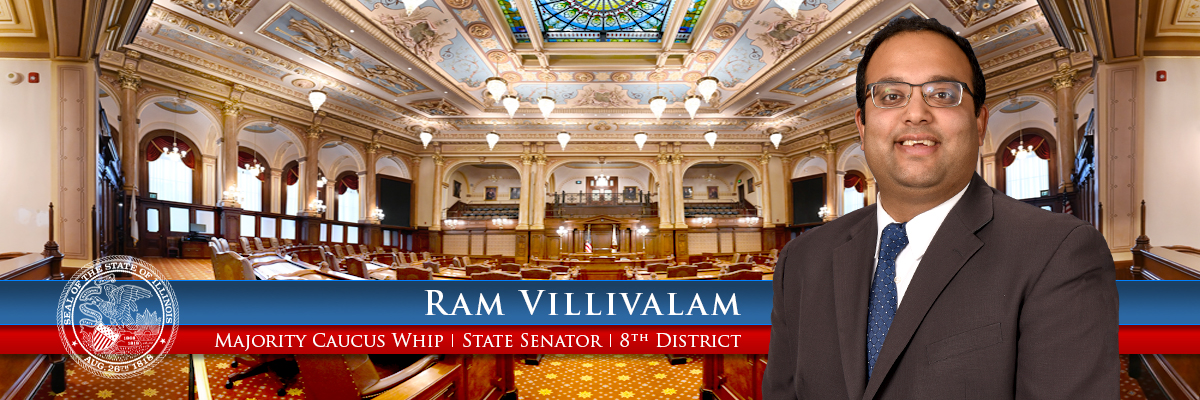Originally published on State of Reform, February 25, 2021.
A new bill in Illinois would expand the use of telehealth to also include optometric services.
Senator Ram Villivalam, a Democrat who represents parts of Chicago, filed SB 567 on Tuesday. Sen. Laura Fine, another Democrat who represents the Chicago area, co-sponsored the bill on Wednesday. If passed, the bill would amend the Illinois Optometric Practice Act of 1987.
While telehealth has always been an option for some forms of medical treatment, its use expanded once the COVID-19 pandemic began in March 2020. A survey conducted in October by DrFirst estimates that nearly half of Americans have used telehealth at some point during the pandemic. Optometry has had troubles adjusting to the virtual realm of health care, though, due to regulations and a lack of infrastructure needed to translate the work online.
In October, the American Optometric Association (AOA) officially came out in support of the use of telehealth in optometry. They believe that licensed providers who meet a set of criteria should be allowed to service patients online, though in-person visits are still preferable when possible.
The AOA said in their declaration of support:
“While eye and vision telehealth services are a viable option for the delivery of quality services to patients in certain circumstances, the AOA supports patients’ right to choose (at any point in the diagnosis and care continuum) in-person eye and vision health care provided by an eye doctor – a doctor of optometry or ophthalmologist. Significant differences exist between eye and vision services delivered via telehealth and the diagnosis and care delivered in-person by an eye doctor. The standard of care must remain the same regardless of whether eye and vision services are provided in-person, remotely via telehealth, or through any combination thereof.”
The bill filed by Sen. Villivalam requires optometrists that deliver care through telehealth still meet the same standards of care and practice of in-person practice. Optometrists will also only be able to practice telehealth with patients that they have already established a previous relationship with. They also still must file previously established procedures for prescribing contact lenses and eye-glasses, which include an in-person eye examination.
Many health care experts believe telehealth may remain a common even after the COVID-19 pandemic ends. A study of behavioral health patients by the University of Michigan found that many patients prefer telehealth due its convenience, though there may be some long term challenges to insurance and billing.




